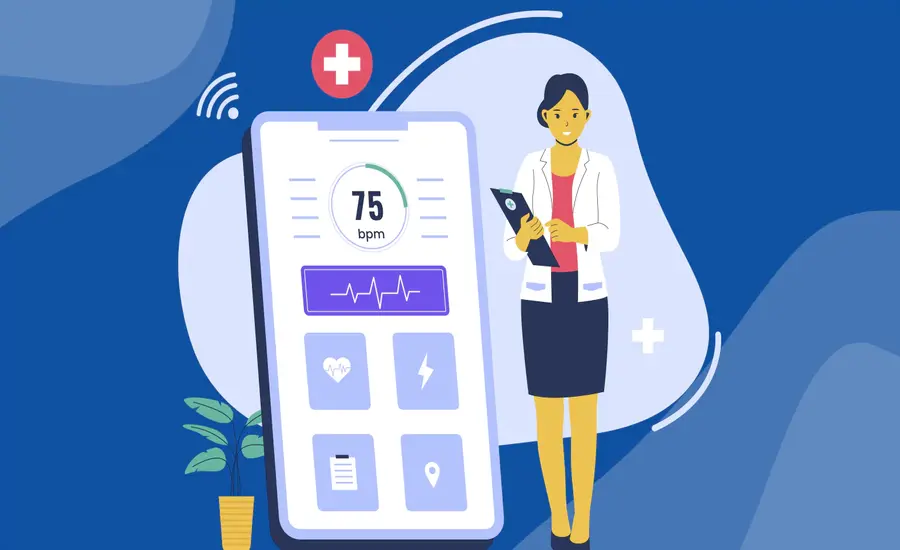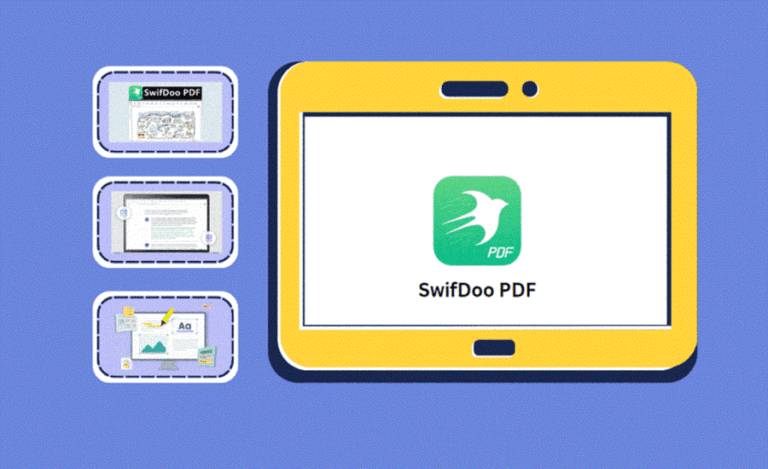Introduction to Virtual Medical Receptionists
In today’s fast-paced healthcare environment, small clinics strive to optimize operations while managing costs effectively. One solution gaining traction is the use of virtual medical receptionists. These professionals provide essential administrative support remotely, helping clinics run smoothly without the overhead associated with hiring in-house staff. This article explores the numerous benefits, practical applications, and considerations for small clinics thinking about utilizing virtual medical receptionists.
Understanding the Role of Virtual Medical Receptionists
A virtual medical receptionist fulfills many of the same roles as traditional receptionists but do so in a virtual environment. Their tasks often include managing patient calls, scheduling appointments, handling administrative paperwork, and processing insurance claims. By utilizing virtual receptionists, clinics can ensure that patient inquiries are addressed promptly, enhancing the overall patient experience.
Cost Savings
One of the most compelling reasons to consider virtual medical receptionists is the potential for significant cost savings. Traditional front-office staff can entail various expenses, including salaries, benefits, and training costs. Small clinics can minimize these overheads by outsourcing this role while providing excellent customer service. Virtual medical receptionists often function on a pay-per-use or subscription basis, allowing clinics to budget effectively without sacrificing service quality.
Increased Efficiency
Leveraging virtual receptionists can streamline processes within a clinic. By offloading administrative tasks, healthcare providers can allocate more time to patient care. This enhanced efficiency may result in a higher level of patient satisfaction as waiting times decrease and appointments are handled more smoothly. Furthermore, virtual receptionists have the tools to manage appointments electronically, reducing the risks of double booking or missed appointments.
Enhanced Patient Experience
The patient experience is paramount in healthcare, and Virtual medical receptionists are essential to improving this service aspect. With dedicated virtual receptionists, patients can experience consistent and prompt communication regarding their appointments and inquiries. Flexible hours can also be offered for better patient access and convenience. Additionally, virtual receptionists can provide professionalism that reassures patients, creating a welcoming atmosphere for those seeking care.
Selecting the Right Virtual Medical Receptionist Service
Small clinics should consider several factors when choosing a virtual medical receptionist service to ensure they make an informed decision.
Experience and Qualifications
The qualifications and experience of the virtual receptionists can significantly impact the service quality. Clinics should seek providers with specific experience in healthcare settings. This knowledge ensures that virtual receptionists understand specific industry jargon and protocols, leading to more efficient communication with patients and healthcare providers.
Technology Integration
It is crucial for virtual medical receptionists to seamlessly integrate with the clinic’s existing technology systems. Many virtual receptionists use advanced software tools that allow appointment scheduling, patient management, and communication to enhance service delivery. Clinics should inquire about the technical capabilities of the service they are considering and ensure compatibility with their systems.
Customization and Flexibility
Every clinic has unique needs, and virtual receptionist services should offer customizable solutions to fit those requirements. This includes adjusting service hours, handling specific patient interaction styles, or adapting to changes in healthcare regulations. A flexible virtual receptionist service can adapt to a clinic’s evolving needs, ensuring that administrative operations remain efficient.
Case Studies and Success Stories
To better illustrate the effectiveness of virtual medical receptionists, it is helpful to consider real-world examples of small clinics that have successfully integrated these services into their practices.
Case Study: ABC Family Medicine
ABC Family Medicine, a small clinic in a suburban area, faced challenges managing patient calls and scheduling appointments. With growing patient demands exceeding the capacity of their in-house staff, the clinic reached out to a virtual receptionist service for assistance. By implementing this solution, they reported a 30% increase in appointment bookings and a notable decrease in missed appointments. Patients appreciated the 24/7 availability, leading to an improved patient satisfaction rating.
Case Study: Downtown Dental Care
Downtown Dental Care had a similar challenge; its front desk was overwhelmed, resulting in prolonged patient wait times. After hiring a virtual medical receptionist service, the clinic was able to streamline communication processes and eliminate scheduling backlogs. The practice noted improved workflow efficiency and a positive response from patients who valued the quicker service.
Common Concerns About Virtual Medical Receptionists
While the benefits of virtual medical receptionists are compelling, clinics may have reservations about making this transition. Addressing common concerns can help demystify the process.
Privacy and Compliance
Patient privacy and compliance with laws such as HIPAA are critical in the healthcare sector. Clinics must ensure that their virtual medical receptionist service has robust security measures. This includes secure systems for handling patient data, ongoing training for receptionists on compliance issues, and clear protocols for managing confidential information.
Training and Integration
Another concern is the need for training and integration with existing processes. Clinics should assess how easily the virtual receptionist service can be trained to handle specific tasks and follow established protocols. Most services offer training, and many have a team dedicated to easing the transition for new clients.
Quality of Service
Finally, the quality of service provided by virtual receptionists can be a concern for small clinics. To mitigate this, clinics should read reviews and testimonials from other medical facilities and ensure they Select a firm with a track record of providing excellent assistance.
Conclusion
DocVA virtual medical receptionists represent a cost-effective and efficient solution for small clinics looking to enhance administrative operations and patient care. With the potential for cost savings, increased efficiency, and an improved patient experience, adopting this technology may transform how small clinics operate. By carefully selecting exemplary service, addressing common concerns, and integrating these receptionists seamlessly within existing systems, clinics can focus more on what truly matters: providing high-quality care to their patients.





